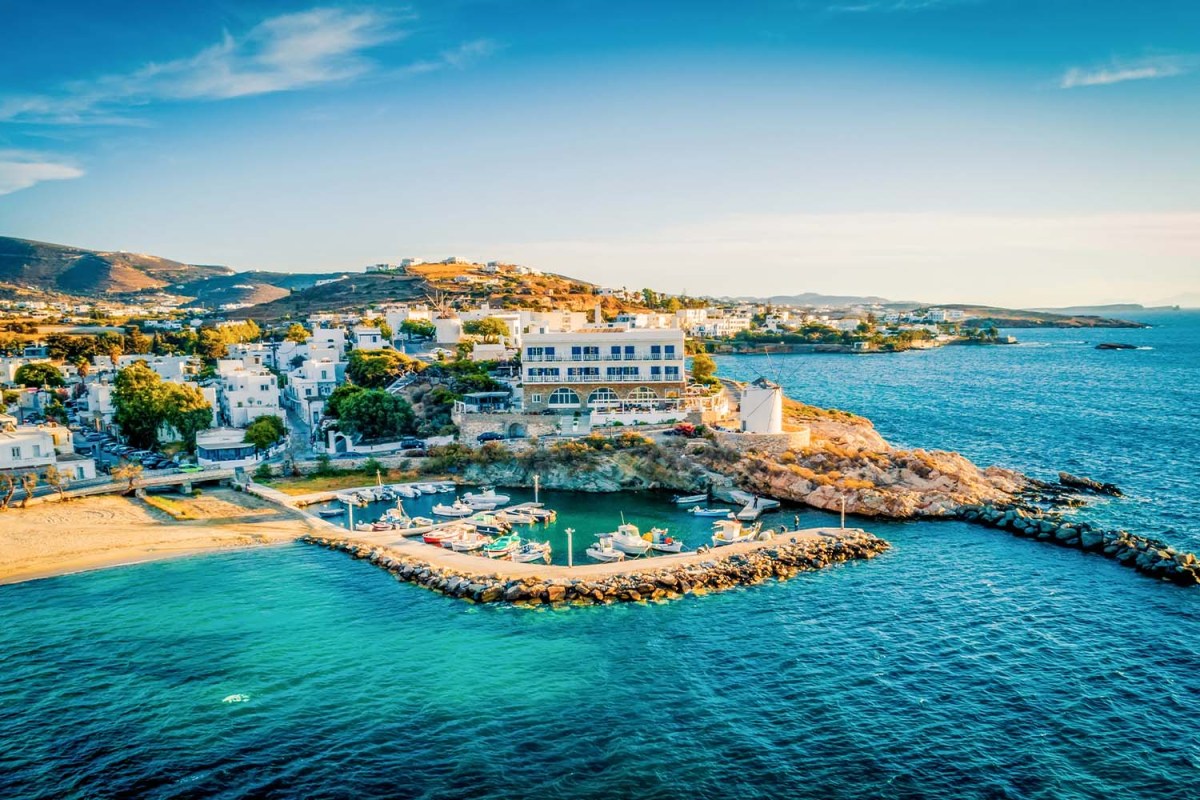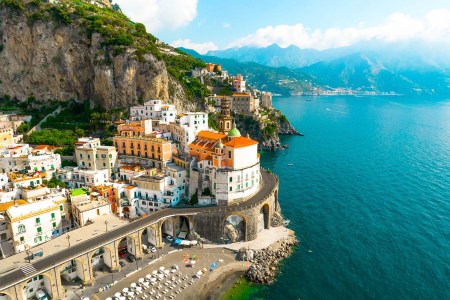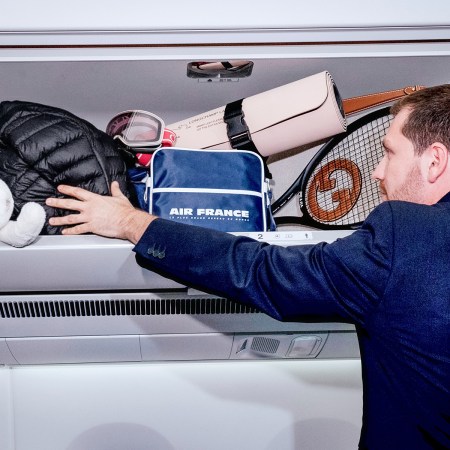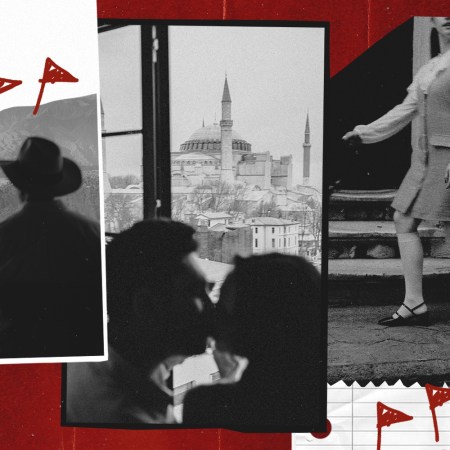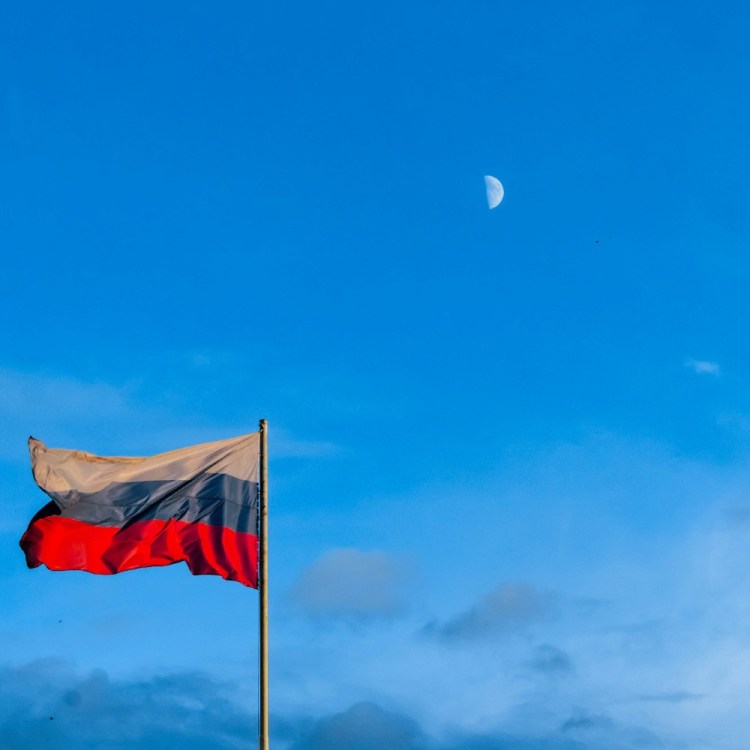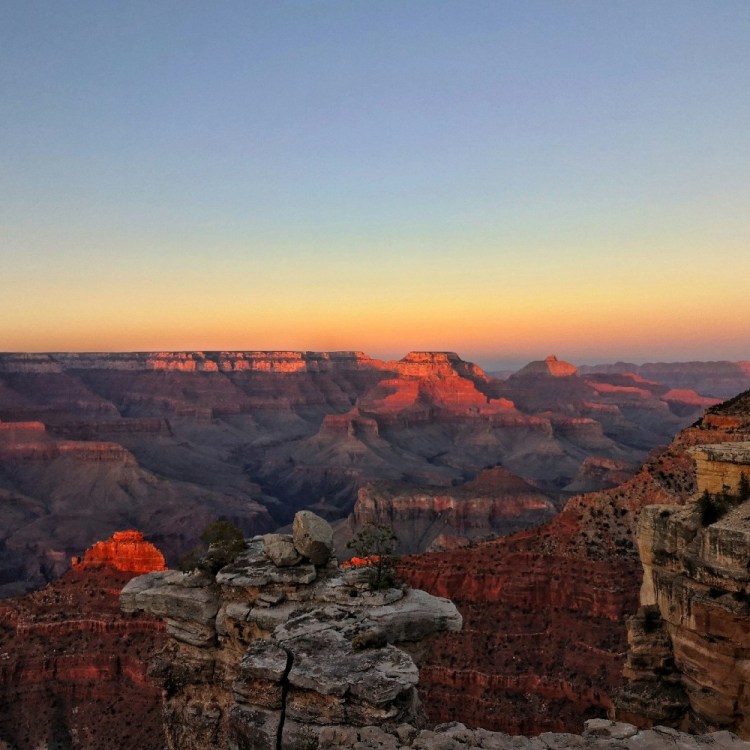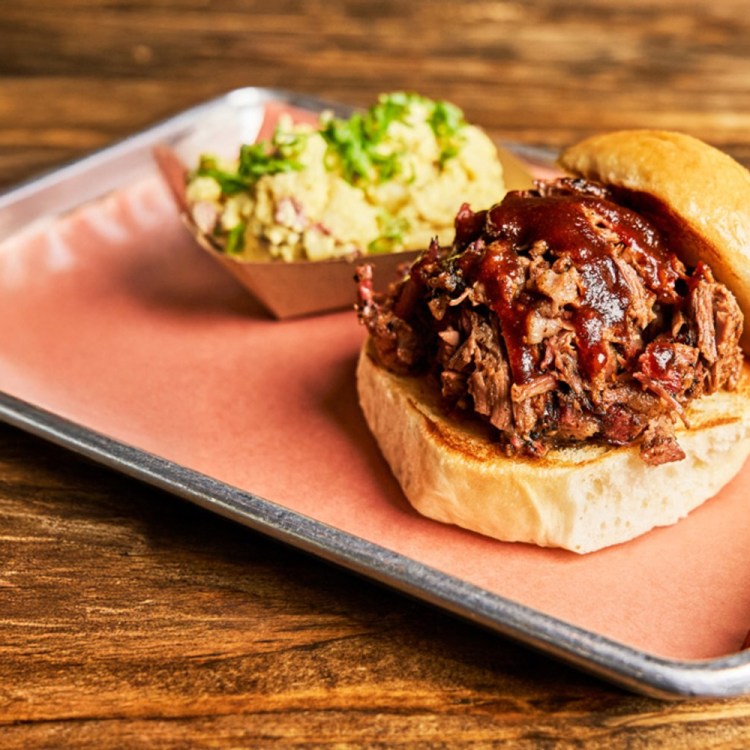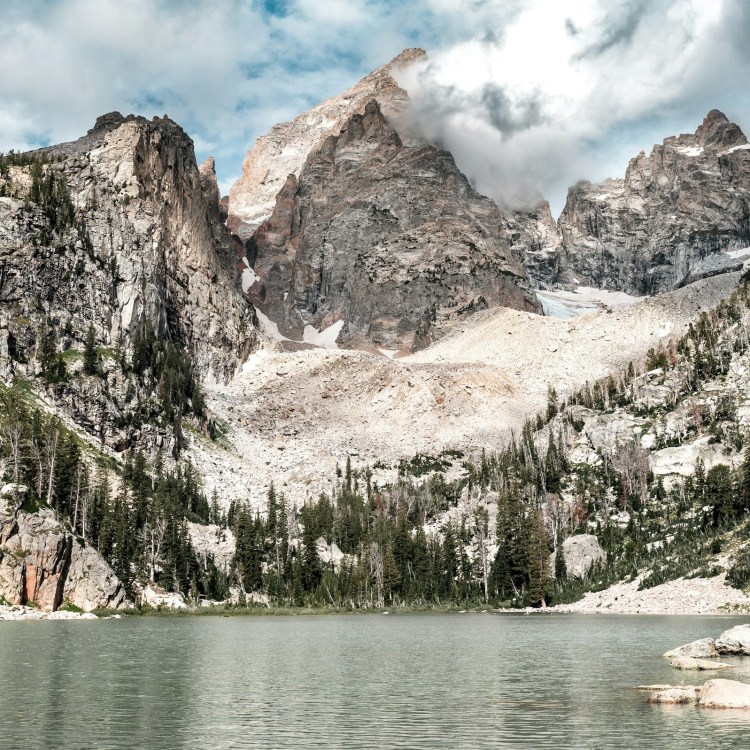There’s nothing the TikTok girlies love more than a good dupe (or duplicate), as evidenced by the #dupe which has more than 6.5 billion views to date. There are even influencers who have built careers atop the explosion that is dupe culture, typically peddling cheaper Amazon alternatives instead of the real, more expensive thing. That said, having been a preteen girl in the early aughts with a penchant for expensive handbags and no income, I can confirm that the infatuation with dupes isn’t new, nor is the idea of a “destination dupe” — though that hasn’t stopped it from taking on a new life on TikTok in the year 2024.
So what, pray tell, is a destination dupe you ask? In short, it’s an alternative to another popular destination that’s either cheaper, less crowded or, in the best of cases, both. And, crucially, it’s not a “hidden gem” or off-the-beaten-path place, but rather a similar destination. For example, Albania in lieu of Greece, or at a more granular level, Antwerp instead of Paris.
Travelers are subscribing, too. Per Expedia, Hotels.com and Vrbo’s joint report “Introducing Unpack ’24: The Trends in Travel,” destination dupes like Paros (for Santorini), Curaçao (for St. Martin), Liverpool (for London), Palermo (for Lisbon) and Quebec City (for Geneva) all experienced a notable uptick in searches during the past year.
Why Is Everyone Suddenly Obsessed With Traveling to the Mediterranean?
It has to do with Tomato GirlsBy and large, it’s pretty harmless as trends go. After all, anyone who has their heart set on Paris might go to Antwerp in addition to Paris but not in lieu of Paris. Paris is one of the most touristed cities in the entire world, and for a reason. The same can be said for the overwhelming majority of the destinations that, in TikTok’s opinion, warrant a dupe.
What I do believe, however, is that social media has a tendency of making places worse, not better — the Amalfi Coast during (and even before) Tomato Girl Summer, for instance. In 2022. Rebecca Jennings wrote of the famed Positano, “[t]he Instagram capital of the world is a terrible place to be.” Tourism can be a great thing, but over-tourism — which social media has a certain propensity for driving — is dangerous. We need only look to Venice or Bali to find evidence of that.
Which leads me to my next point: there are most definitely places (Venice and Bali) that could stand to benefit from having a dupe, if only — as Fodor’s Scott Laird pointed out — to protect their very existence. The problem? These destinations aren’t the focus of the TikTok trend.
This article appeared in an InsideHook newsletter. Sign up for free to get more on travel, wellness, style, drinking, and culture.
